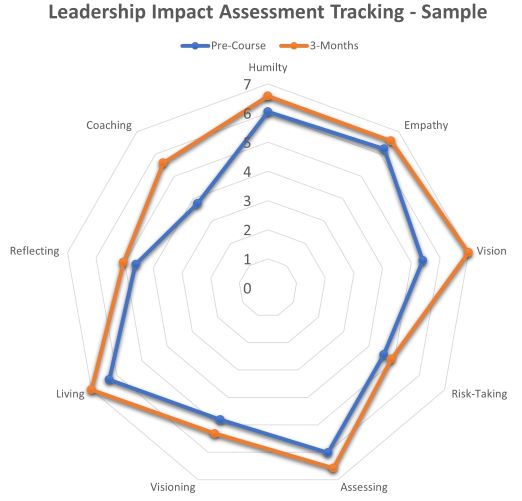A Contrarian’s Thoughts on Leadership Development
Category : Training
My view of leadership has been honed over a 30-plus years career performing and observing leaders at all levels of management. I began codifying my leadership development vision as a professor at Judson University, in their leading Organizational Leadership program. This experience, along with additional research and personal interviews, formed the foundation for the Elite Leadership Process™ detailed in my first leadership book, Prescribing Leadership in Healthcare in 2017. Since then, I have refined my vision with additional research and interviews for second leadership book, The Path to Elite Level Leadership in 2021. Something that I’ve come to realize and accept is that many of the positions I’ve chosen on leadership are contrary to those of many of my colleagues, namely:
- Presence of innate leadership qualities
- Leadership is a process, not a skill
- Leadership must be measured to be improved
Presence of Innate Leadership Qualities
Many believe that anyone can learn to be a leader. This is only partially true and stems from the age-old question of whether leaders are born or made. My response is always, “Yes.” Some people have certain innate qualities that gives them a high potential for leadership (born). They can still become better leaders through training which helps them harness those qualities to their maximum potential. On the other hand, others without many innate qualities can become better leaders through training (made) to help them maximize their abilities as a leader.
Everyone can learn to be a better leader, but not everyone will become a great leader. To support this view just look at the great leaders throughout history in business, politics and other areas. Most if not any of them ever took a leadership class. They possessed an innate quality that propelled them to the leader they became.
“Leadership is a lot like dancing. Some people are naturally better at it than others,
but everyone can improve with practice!”
– J. Bryan Bennett
Leadership is a Process, not a Skill
Most people are focused on identifying and improving their leadership skills. I steer clear of the term ‘leadership skills’ and prefer to focus on leadership as a process. Everyone has skills, but without a refinement process, those skills may never be fully developed. That is why the top academic leadership programs teach leadership as a process. The process involves understanding yourself, creating a leadership vision, executing on that vision, reflecting on how you performed as a leader and receiving coaching feedback. The internal (from reflection) and external (from coaching) feedback is what helps good leaders transition to great leaders.
The best leaders realized that the process is continuous. No matter where you are in your career, you must continue a daily practice of leadership. One of the greatest mistakes leaders make is believing that once they have reached a certain level, there is little more for them to learn about leadership. If there was nothing more you to learn once a person became a leader, then people would still be leading organizations the same way they did 30 or 20 or even 10 years ago. Leadership is constantly evolving due to generational shifts, gender role changes and cultural adaptation, to name a few. Leaders who fail to recognize the major and minor changes facing them, will eventually become a less effective leader.
“Leadership is not a skill to be learned, but a process to be refined.”
– J. Bryan Bennett
Leadership Must Be Measured to Be Improved
Many believe that leadership growth is not something that can be quantifiably measured. Leadership experts regularly expound on how well their leadership development training works without any proof to substantiate their claims besides falling back on potentially biased-filled interviews or observations. When asked about how they know it works, the answers typically fall into 2 categories, “We can tell” or the dreaded, “We believe it worked.” Neither of these are acceptable to an organization or an individual that has spent their time and money on leadership training. With the right tool, a well-designed leadership development training program can easily be quantifiably measured.

An added benefit to having data points to measure leadership is that people will not only recognize the areas they need to improve on, but they also enjoy tracking their improvement over time. This acts to further motivate the workforce as they have leadership goals they want to reach. We’ve seen the enlightened faces of leaders and aspiring leaders with concrete improvement goals they are striving to achieve during coaching sessions. Merging defined business goals with defined leadership goals makes for a highly motivated work environment.
Leadership measurement has added importance during the current ‘great migration’ and can be critical to an organization’s continued growth and success. It can be the difference between keeping and losing your best leaders, the difference between identifying or missing high potential hires, and the difference between promoting people based on leadership potential or based on prior functional success. Each of these could have dire consequences for an organization.
“If you can’t measure it, you can’t improve it.”
– Peter Drucker
“If you don’t measure leadership, you can’t improve it.”
– J. Bryan Bennett
I encourage you to choose the right path and embrace these contrarian views in your personal or organizational leadership development programs. The individual, as well as the organization, will experience both short and long terms benefits. Please message me with any questions you might have or share your thoughts in the comments below.
